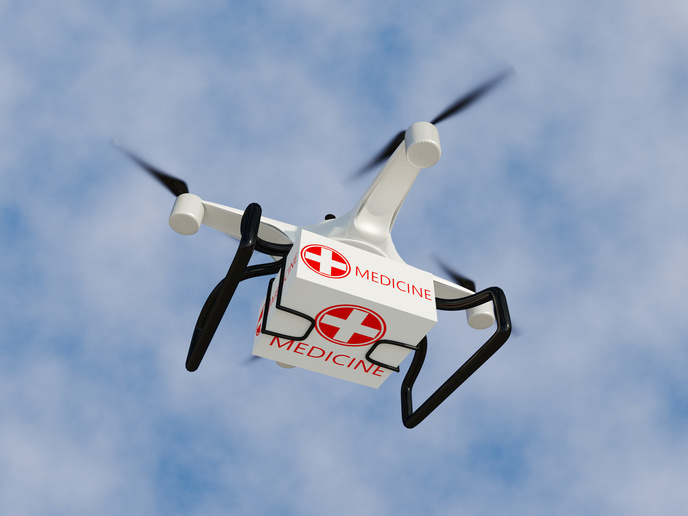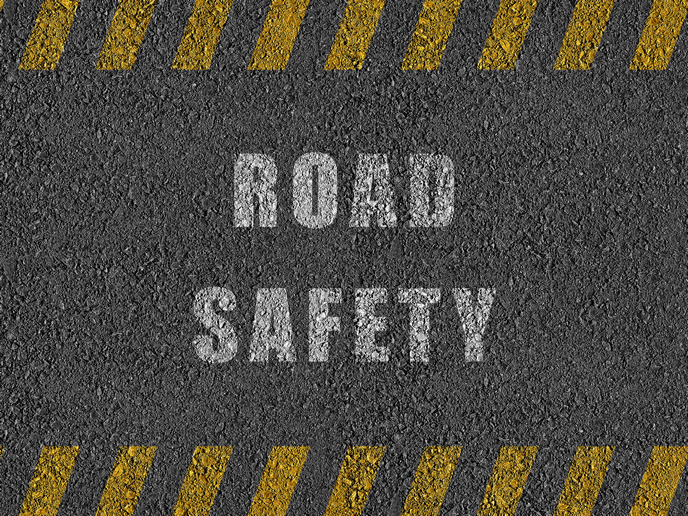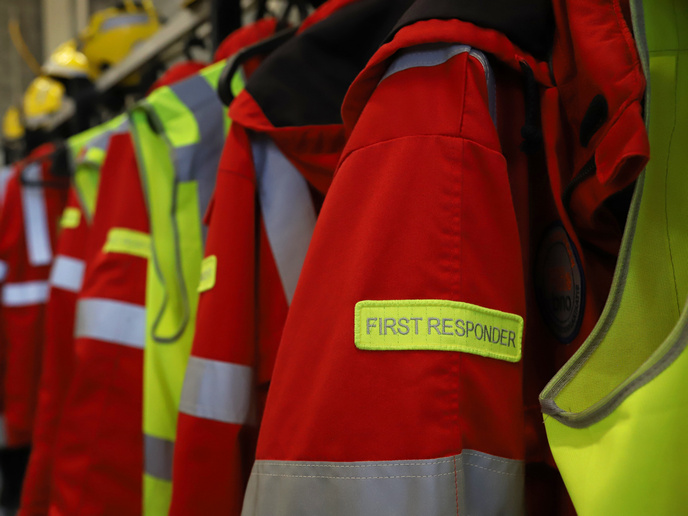Smarter drones to support Europe’s police forces
From flash floods and forest fires to terrorist attacks, Europe has been seeing its fair share of threats in recent years. Luckily, technology is also evolving rapidly to help authorities manage and even pre-empt many threats and disasters. One of the latest high-tech tools involves the operation of drones to collect and analyse data in critical situations. Against this backdrop, the EU-funded SURVEIRON (Advanced surveillance system for the protection of urban soft targets and urban critical infrastructures) project created a novel drone-based information management system that takes the management of numerous critical situations to the next level. The system does not put the focus of innovation on aircraft, as drones from any manufacturer can be connected and controlled from the system. Surveiron is not a new aircraft project, but takes advantage of all the advances in the drone market to integrate them. The real innovation lies in the scalability capabilities to introduce new drones and in the data flow to make decisions with massive information. “SURVEIRON’s drone fleets can fly automatically, acquire key data, analyse it, and propose different actions safely and quickly to help decision-makers in critical situations,” says Manuel Ruiz de Quintanilla, SURVEIRON project coordinator. Smarter drones to help police forces The innovative concept helps authorities such as the police to expand the use of drones and increase their presence in daily operations. This is especially important because, while drones represent cutting-edge technology with enormous potential, they remain undervalued and police forces have not yet exploited them very effectively,” notes Ruiz. In effect, “SURVEIRON is able to detect threats and risks and assess their magnitude,” underlines Ruiz. “It can detect and locate people, fire and smoke, as well as toxic gases and radioactivity,” he adds. The system provides real-time reports along with suggested actions such as number of required police patrols, ambulances and fire trucks to be mobilised. It can also produce maps of affected buildings and predict fire behaviour. Drones use can be ideal for monitoring soft targets – i.e. vulnerable spaces which in principle shouldn’t be specifically protected but are often selected by terrorists to maximise casualties, create fear and attain media coverage. This includes public spaces, hospitals, schools, religious installations, cultural centres, places of worship or transportation sites, among others. “With terrorists increasingly eyeing such unprotected places, SURVEIRON drones can be deployed very rapidly and complement police forces,” explains Ruiz. Innovative technology for drone control To achieve its aims, the SpinOff of the University of Malaga AEORUM began collaborating with the Spanish National Police and the Civil Guard. This association quickly extended the collaboration to all European member states united in ENLETS, the European Network of Law Enforcement Technology Services. AEORUM and ENLETS successfully converted drone technology into transversal IT technology for today's modern police force. “The biggest difference between SURVEIRON and current drone surveillance techniques is its innovative architecture,” highlights Ruiz. In SURVEIRON’s case, navigation control, the drones and the software are in three different locations, connected to each other through global communication networks. “This setup allows authorities to operate drone fleets at a global level where the pilot or pilots can be anywhere in the world, regardless of physical distance from the drones,” notes Ruiz. The system makes it possible to carry out different tasks simultaneously, such as detecting lost people and locating a fire, while receiving reliable information in real time. Intensive design, testing and performance validation have created much interest among European law enforcement agencies. The project partners have conducted a real-life search and rescue mission in the woods of Lapland, Finland. The mission’s pilots were in Madrid, Spain, while the software was hosted in Malaga, on Spain’s southern coast. “The system detected the missing person in the forest, providing the exact location to the Finnish Police so that they could complete the rescue task,” says Ruiz. The entire operation was also monitored in real time from the EASME offices in Brussels, Belgium. Today, SURVEIRON represents a fully functional drone surveillance solution, currently also being marketed to different police authorities. Thanks to SURVEIRON, decision-makers will be able to have immediate access to critical information in real time, both locally and remotely.
Keywords
SURVEIRON, drone, police force, critical situations, surveillance, information management system, soft targets







